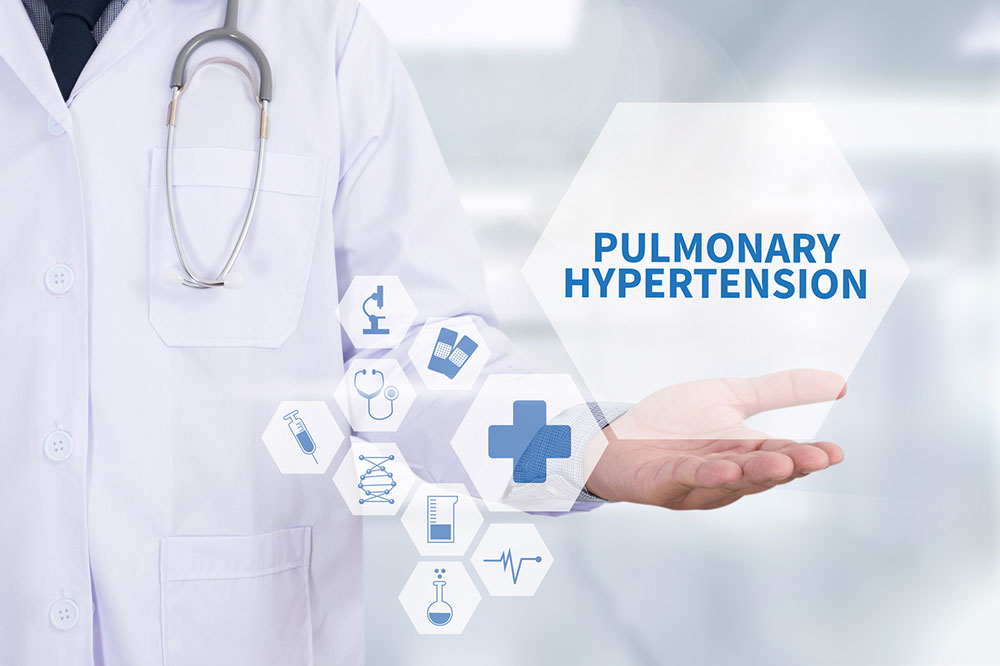Comprehensive Guide to Hypertension: Causes, Symptoms, and Prevention Strategies
Hypertension, or high blood pressure, is a common but dangerous condition that can lead to severe health problems if left untreated. This comprehensive guide explores the causes, warning signs, and preventive measures related to hypertension. Understanding these aspects helps individuals manage their health proactively, reducing risks through lifestyle modifications, regular monitoring, and medical consultation. Recognizing symptoms early and following effective strategies is vital for maintaining healthy blood pressure levels and avoiding complications such as heart disease and stroke.

Comprehensive Guide to Hypertension: Causes, Symptoms, and Prevention Strategies
Blood pressure is a vital indicator of cardiovascular health, measuring the force exerted by blood against the arterial walls as blood circulates through the body. Maintaining a healthy blood pressure level is crucial because elevated levels, known as hypertension or high blood pressure, significantly increase the risk of heart disease, stroke, and other serious health issues. Hypertension often develops gradually, and many individuals may remain unaware of their condition due to a lack of obvious symptoms. Understanding the underlying causes, recognizing warning signs, and adopting effective prevention strategies are essential steps toward managing this silent yet dangerous condition.
High blood pressure occurs when the force of blood against artery walls remains persistently elevated over time. This condition is primarily caused by arterial narrowing, increased resistance in blood vessels, or a combination of factors that compromise normal blood flow. Blood pressure readings are typically monitored using a sphygmomanometer, and tracking these values over time with charts helps individuals and healthcare professionals identify patterns and early signs of hypertension.
Identifying the causes of high blood pressure is critical for effective management and prevention. While there is no single root cause for hypertension, a combination of genetic, environmental, and lifestyle factors plays a significant role in its development. Recognizing these factors allows for early intervention and tailored treatment plans to reduce the risk of complications.
Primary Factors Contributing to Hypertension
Several key factors can lead to the development of hypertension, including:
Genetic predisposition: A family history of high blood pressure increases the likelihood of developing the condition.
Kidney dysfunction: Conditions such as chronic kidney disease can impair the body's ability to regulate salt and fluid balance, leading to increased blood pressure.
Thyroid disorders: Both hypothyroidism and hyperthyroidism can influence blood pressure levels.
Substance abuse: Excessive consumption of alcohol or use of illegal substances can elevate blood pressure.
Hormonal imbalances: Disruptions in hormones, such as adrenaline or aldosterone, affect vascular resistance and blood volume.
Lifestyle choices: Poor diet, sedentary behavior, obesity, and smoking are significant contributors to hypertension development.
Understanding these factors enables individuals to modify their habits and seek medical guidance early.
Common Symptoms of High Blood Pressure
Hypertension is often dubbed the 'silent killer' because many people do not experience noticeable symptoms in its early stages. However, some individuals may exhibit signs that warrant medical attention, including:
Chronic headaches and migraines
Sudden changes in vision or blurred eyesight
Shortness of breath during activity or rest
Nasal bleeding, especially if frequent or severe
Dizziness, lightheadedness, or fainting episodes
Chest discomfort or pain
Blood in urine, indicating possible renal involvement
If any of these symptoms occur, especially along with risk factors like obesity or family history, it is essential to seek medical evaluation. Regular blood pressure monitoring using charts helps detect hidden cases of hypertension before they cause irreversible damage.
Persistent high readings require prompt medical intervention. Healthcare providers may prescribe lifestyle changes, medication, or a combination of both to control blood pressure effectively.





